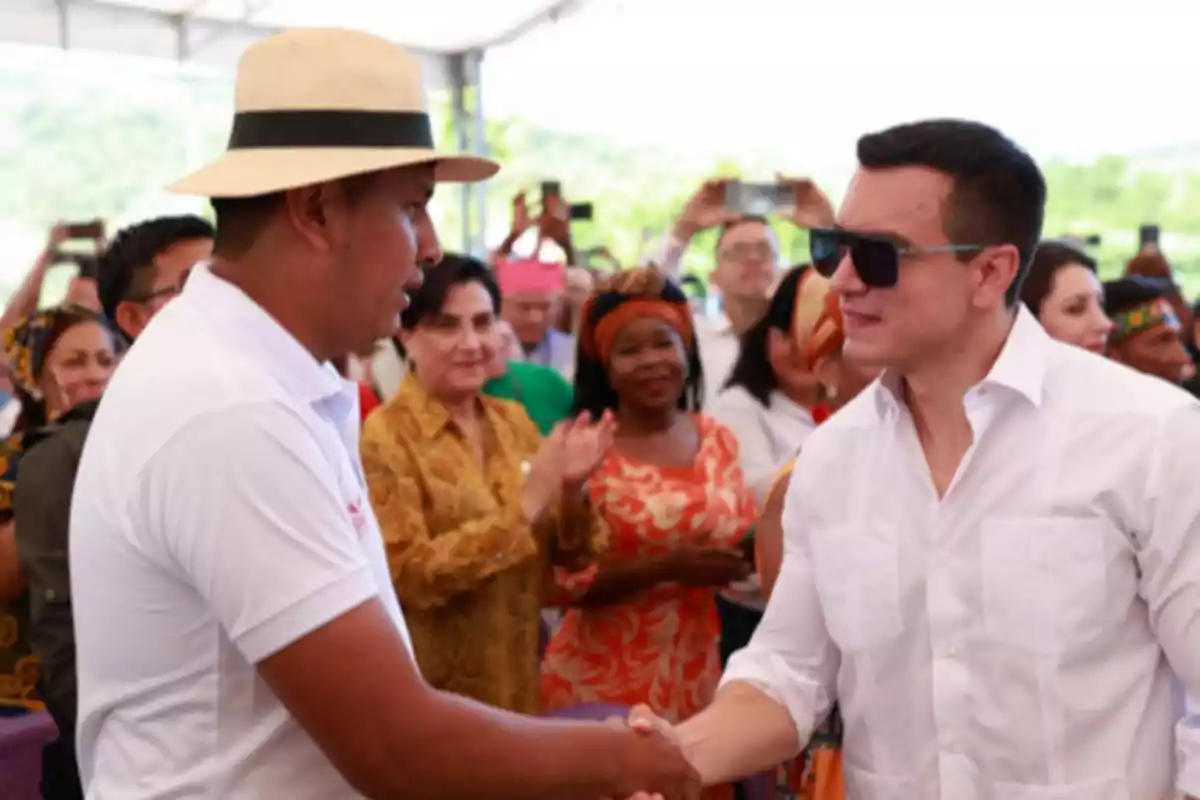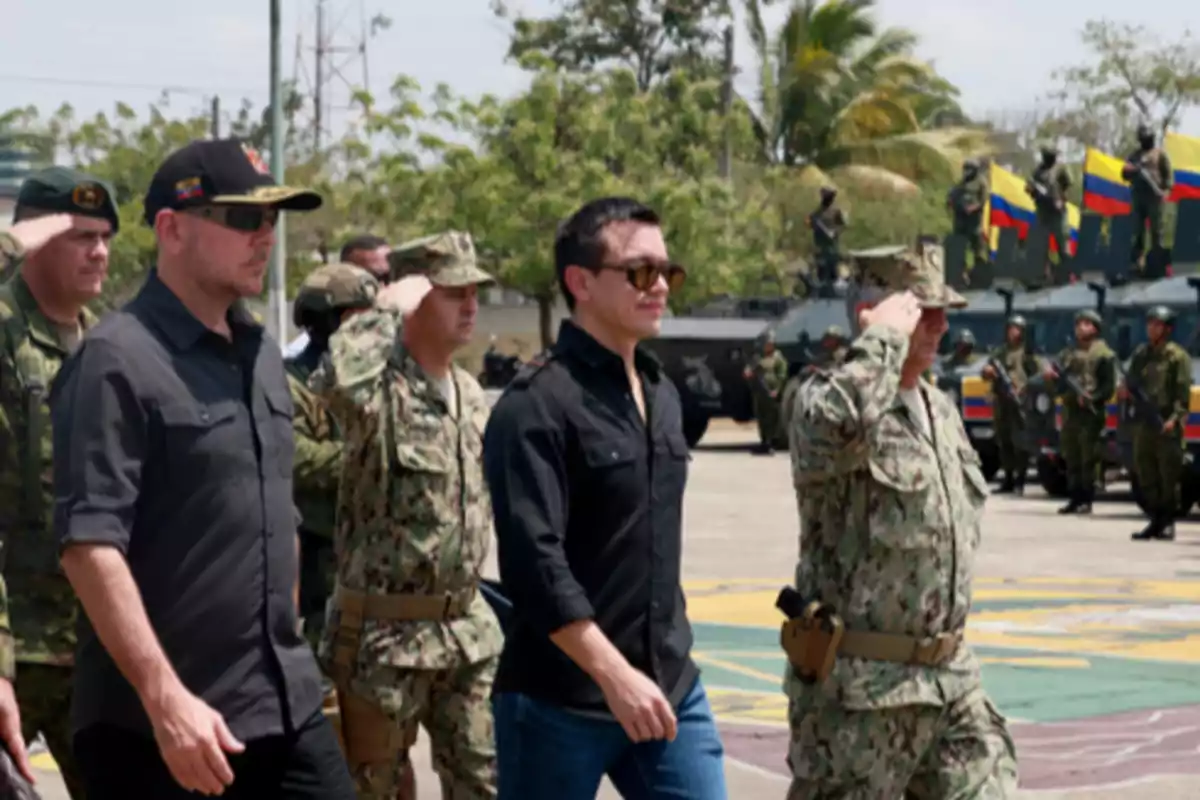
President Daniel Noboa reaffirmed that he will not seek indefinite reelection
The president explained his fight against drug gangs and defended the constitutional limits
From Guayaquil, President Daniel Noboa renewed the state of emergency decree and insisted that his administration will not undermine the democratic order or seek to concentrate power beyond what is permitted by the Constitution. During an interview with The Economist, he assured that he will not stay "even a second longer" than the time allowed by the Constitution, emphasizing his commitment to institutional respect and the alternation of power.
The British outlet published a profile of Noboa titled "A Harvard man turned narco-hunter," highlighting his youth, academic preparation, strategic mindset, and determined willingness to confront organized crime. In the conversation, Noboa mentioned his openness to establishing technical and operational cooperation with countries such as Israel, United Arab Emirates, United States, and even China, seeking to strengthen intelligence capabilities and the fight against transnational mafias.
He also outlined his intention to reform the Constitution to allow the presence of foreign military bases on national territory, with the aim of safeguarding sovereignty against global threats. Although he acknowledged that former President Donald Trump would not have on his agenda the deployment of troops in Ecuador, he suggested that other allied nations could contribute in logistics, training, and technology. The Economist underscores that Noboa faces the challenge of eradicating crime without losing democratic balance, avoiding the replication of authoritarian models that sacrifice citizens' rights.

The magazine highlighted that the National Solidarity Law strengthens the Executive's capacity to confront the criminal threat by granting the president greater powers during internal armed conflicts, including direct coordination with military and police commanders. Noboa stressed that the Armed Forces will be prosecuted if they commit abuses, making it clear that the use of force will always be under institutional control and subject to the law.
The president also rejected comparisons with Nayib Bukele, stating that his approach combines firmness with social investment, improvement of educational infrastructure, expansion of the public health system, and job opportunities for young people. He indicated that he feels more aligned with leaders such as Emmanuel Macron and Lula da Silva, who balance democratic governance with transformative policies.
This public statement represents an institutional anchor against authoritarianism, a reaffirmation of reformist leadership that has managed to articulate an unprecedented offensive against organized crime and that also projects a long-term vision aimed at rebuilding the country's social fabric.
More posts: